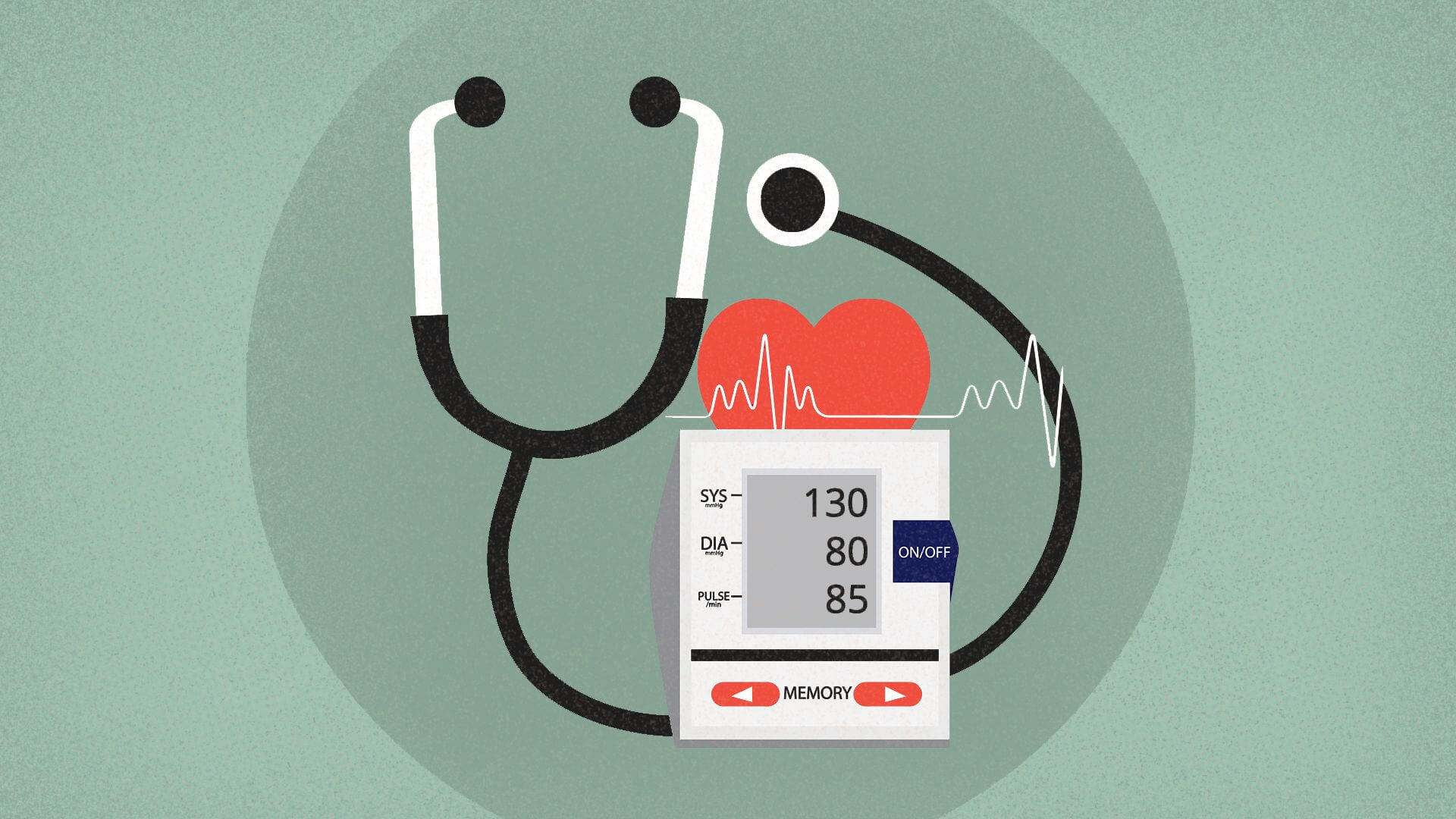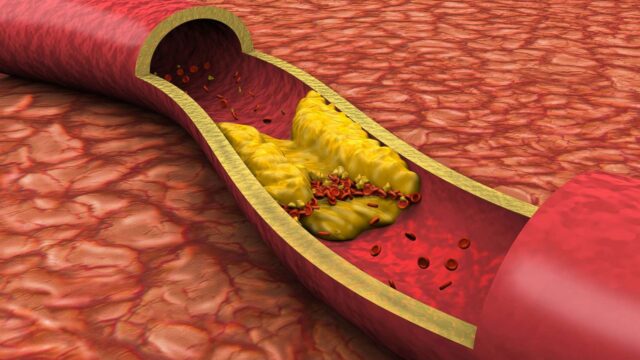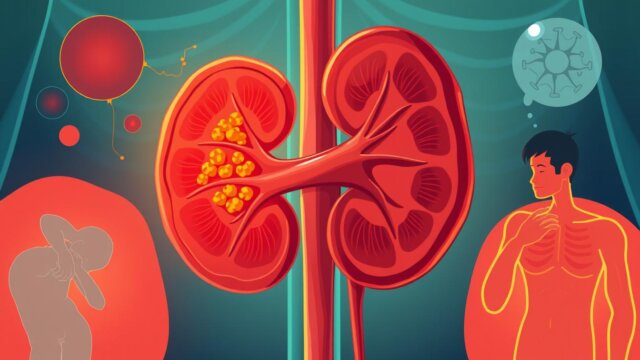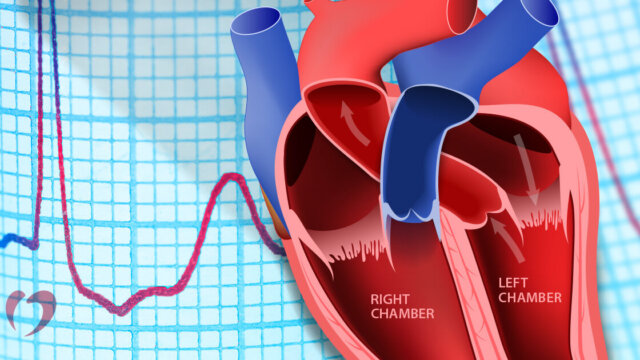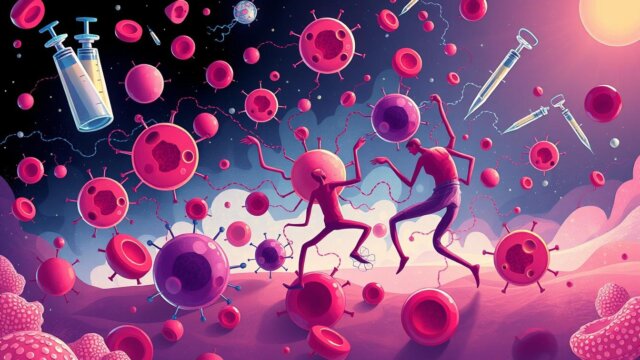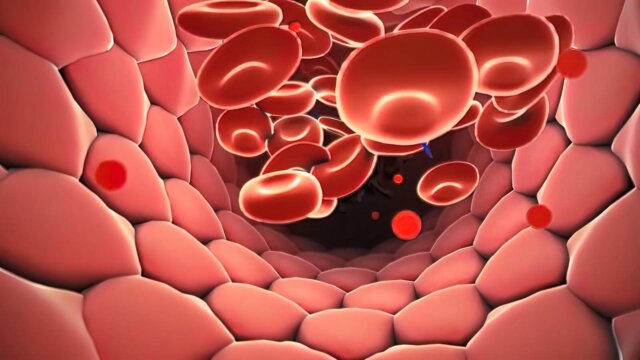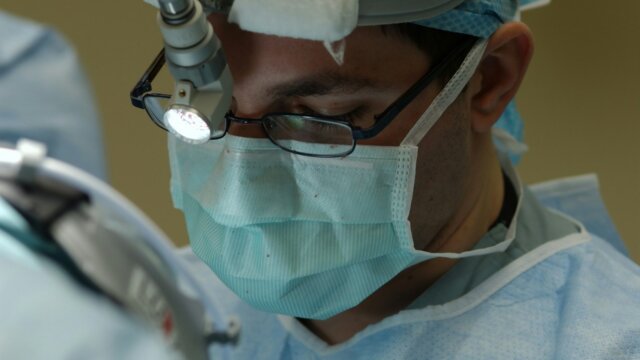FTC disclaimer: This post may contains affiliate links and we will be compensated if you click on a link and make a purchase.
High blood pressure symptoms and signs can be challenging to know and identify. This condition is also known as Hypertension.
That’s why Hypertension is usually known as a silent killer. A person can live with HBP for years without knowing they have it.
The best way to know that you have unusual blood pressure is through regular checkups and monitoring high blood pressure at home.
High Blood Pressure Symptoms
A symptom is what you feel when you have a disease. Someone may not feel any high blood pressure symptoms in the early stages of the disease.
However, as HBP (High Blood Pressure) progresses, one can start having symptoms due to damage to arteries and organs.
How do you feel when you have high blood pressure?
Here, we can list the general high blood pressure symptoms one can feel but are not specific to HBP. These can be;
- Headache
- Nausea and vomiting
- Dizziness
- General body weakness
- Low sex drive (libido)
- Confusion
HBP (High Blood Pressure) will damage arteries, eyes, the heart, kidneys, nerves, and other organs.
We will describe how high blood pressure symptoms are associated with each organ;
High Blood Pressure and Eyes
Chronic HBP will damage the eye; this process is called retinopathy. Retinopathy is the process in which it will damage the arteries in the eyes, resulting in swollen, ruptured, or leaking arteries.
As per research studies, it is stated that poorly managed Hypertension could lead to retinopathy.
Retinopathy usually occurs in severe high blood pressure, as seen in accelerated Hypertension and malignant Hypertension. Someone may have these symptoms;
- Blurred vision
- Blindness
- Painful eyes
- Headaches
High Blood Pressure and the Heart
Chronic Hypertension will damage the arteries (Atherosclerosis) that supply the heart (coronary arteries). Atherosclerosis will lead to damage to the muscles of the heart.
Atherosclerosis can result in heart attacks (myocardial infarction), heart failure, pulmonary edema, and other heart conditions.
According to research, Hypertension is the major factor in stroke, coronary heart disease, and sudden death.
These can be the symptoms;
- Chest pain
- Shortness of breath
- Heaviness in the chest
- Palpitations (heart beating so fast)
- Coughing blood
These are some common high blood pressure symptoms related to heart complications.
High Blood Pressure and Kidneys
Chronic HBP will damage the kidneys through a process called nephropathy.
Nephropathy is a complex process that will result in the kidney being damaged and unable to do its work correctly.
The blood vessels in the kidney will get damaged, affecting how the kidney functions.
Further, Clinical studies have stated that the damaged blood vessel in the kidney may result in kidney (renal) failure and other kidney diseases.
These can be the symptoms;
- Blood in urine
- Less urine or no urine
- Swollen legs and abdomen
These are some common high blood pressure symptoms related to kidney complications.
High Blood Pressure and Arteries
Small arteries (peripheral arteries) get damaged with Hypertension. They may get ruptured or get blocked by blood clots through a process called Atherosclerosis.
Moreover, studies have shown that Hypertension is a significant risk factor for the development of Atherosclerosis.
Atherosclerosis is a long-term process that occurs slowly. These can be the symptoms;
- Leg pain when walking (relieved by rest) also called claudication
- Erectile dysfunction in men
- Abdominal pain due to ischemia (blockage in the arteries)
High Blood Pressure and Brain
Long-term Hypertension will result in damage to the arteries in the brain. These arteries can get ruptured (Atherosclerosis), and blood will leak.
Moreover, studies suggested that long-term Hypertension may damage brain blood vessels.
The damage of blood vessels may lead to a stroke, transient Ischemic Attacks (like a mild stroke), space-occupying lesions, subarachnoid hemorrhage, and other conditions.
These can be the symptoms;
- Severe headaches
- Confusion
- Low level of consciousness
- Seizures
- Stroke symptoms (one side weakness or loss of function in the arms or legs).
- Anxiety
- Restlessness
These are some common high blood pressure symptoms related to brain damage.
High Blood Pressure and Nerves
High blood pressure will cause neuropathy with time. Neuropathy will damage the neurons such that they will not function properly.
Neuropathy will also affect your sensation of temperature, pain, vibration, and touch.
- Loss of sensation and numbness
- Tinnitus
- Ulcers (wounds) in the legs
High Blood Pressure in pregnancy (eclampsia)
In normal pregnancy, blood pressure should remain normal. Some women will have high blood pressure in pregnancy, which is not suitable for the baby and the mother. It is known as eclampsia.
As per research, high blood pressure reduces the blood supply, reducing the supply of oxygen and fewer nutrients to the fetus.
If it’s severe, it can cause the death of the fetus and the mum.
- Sudden weight gain
- Blurred vision
- Seeing spots
- Swelling of face and arms
- Severe abdominal pain
- Dizziness
- Severe headache
- Reduced urine output
- Seizures
These are the most common high blood pressure symptoms in pregnancy.
Signs of high blood pressure
A sign is something that you can see, opposed to a symptom that you can feel.
In addition to the symptoms, these signs usually come about as complications of Hypertension. These can include;
- Nose bleeding (epistaxis)
- Papilloedema (a doctor sees this in the eye)
- Swollen feet or arms (due to heart failure or kidney failure)
- Swollen abdomen (due to heart or kidney failure)
- Ulcers in the legs
